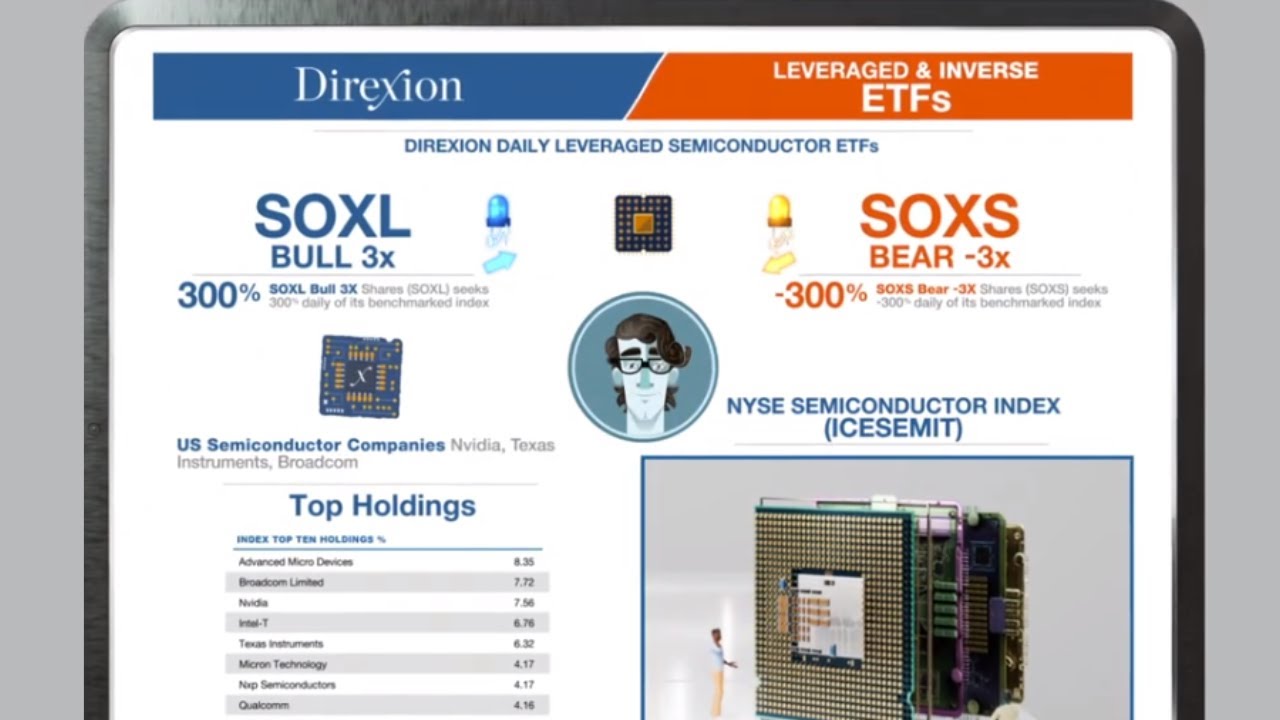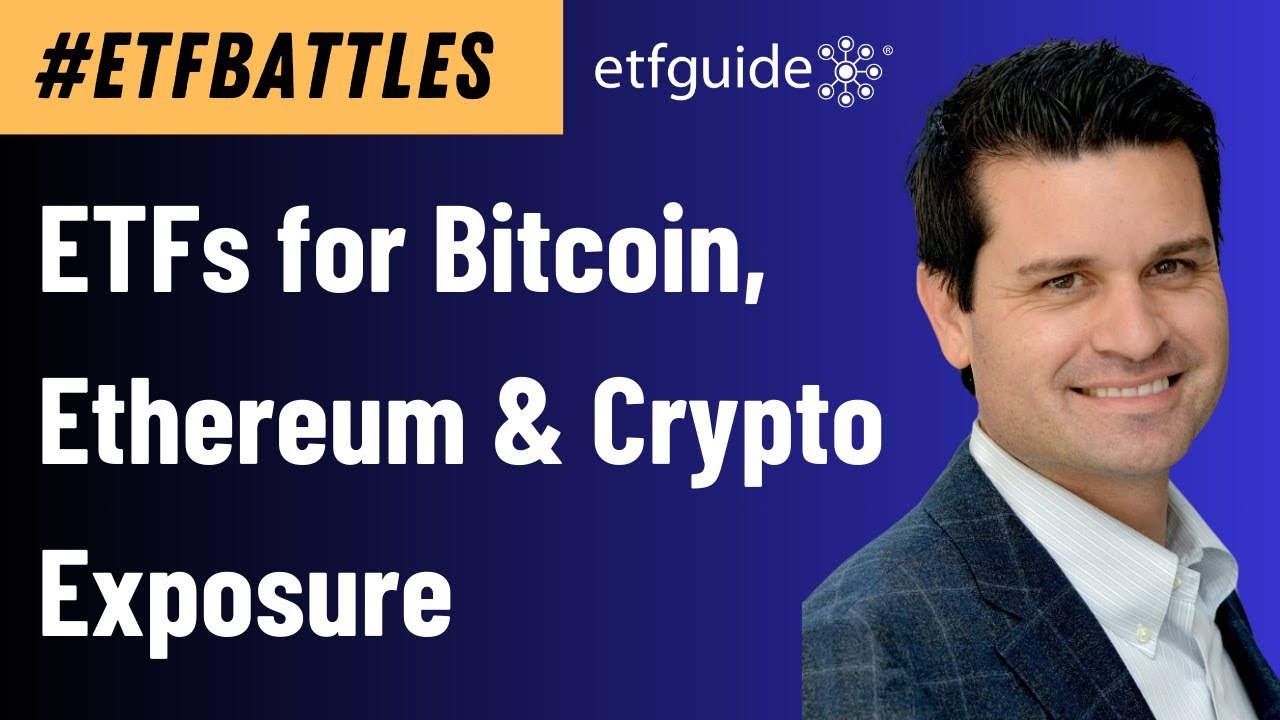- EEM and VWO go against each other in key areas, including cost, performance and exposure strategy
- Both funds are among the largest emerging markets ETFs by assets
- Both ETFs track stocks from developing countries like China, India, Brazil and Mexico
Ron: Today’s ETF Battle is between the iShares MSCI Emerging Markets ETF (EEM) versus the Vanguard FTSE Emerging Market ETF (VWO). The battle between these two ETFs is a flat-out brawl between two of the largest ETFs that track emerging markets by assets, by trading volume, and it’s also a beauty contest between two international knockouts, so who wins?
Without further ado, I’d like to welcome our judges. We’ve got the illustrious Mike Akins at ETF Action, and Dave Kreinces with ETF Portfolio Management. Gentlemen, welcome to the show. It’s great to see you again. The four battle categories for this battle are cost, diversification, performance, and we’ve got a mystery category. Remember, the mystery category is where our judges get to decide a factor or possibly several different factors that they feel are material to supporting their analysis, and who knows? The mystery category could end up deciding which of these ETFs wins today’s battle. My scorecard, as you can see, is blank. That means it’s ready to go. Let’s begin with cost. Mike, you’ve got 30 seconds, go.
Mike: We’ve got a Vanguard product in a cost category. Yep, I’ll go with VWO. We can move on.
Ron: Excellent analysis, a great start! Dave, what’s your take?
Dave: You know, I agree with Mike. It’s pretty simple, 10 basis points versus 68 basis points, but both of these ETFs are still far more expensive than the S&P 500, so the cost win does go to VWO, but I would still asterisk it in favor of the S&P 500.
Ron: Next up is diversification. Dave, take it.
Dave: On diversification, I’ll call it a split decision. They’re just too close to call, but the added global diversification through emerging markets has been underperforming the S&P 500 materially this past decade. Large-cap companies do provide certain global exposure, so again, I would asterisk the split decision on diversification in favor of the S&P 500 and the NASDAQ 100 (QQQ) for extra tech.
Ron: Okay, very good. How about you, Mike? What’s your take in terms of diversification? Who wins the battle?
Mike: I think if I stick between the lanes and stay with the products we’re talking about today, I’m gonna give it to VWO because it has more holdings, over 2,000 holdings versus under 1,000 for EEM. Granted, when it comes down to a weighting perspective, they’re basically the same with the big exception of South Korea. That is really where diversification is gonna make the decision between what product you want, and that EEM includes South Korea as emerging market country, whereas FTSE, through the MSCI products first. VWO, using only the FTSE index, excludes South Korea, and that’s about an 11% difference between the two portfolios. I’ll get into that a little bit more underperformance, but for now, I’ll give the diversification to VWO.
Ron: All right, very good. Next up is performance. Let’s shift to you, Dave. Who wins the battle?
Watch the full episode of ETF Battles between EEM vs. VWO at ETFguide TV.



